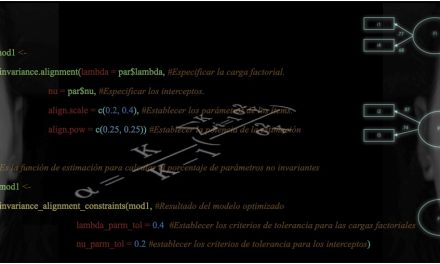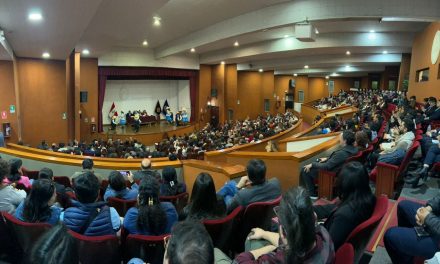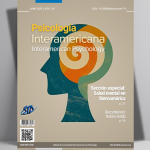
WISC-V and Measurement Invariance: Contributions to Fair and Bias-Free Cognitive Assessment

Marcela Rodríguez-Cancino. Chile
One of the biggest challenges in psychological assessment today is that test measures should be fair and culturally relevant, given the impact of their use on people’s life trajectories. In this regard, international guidelines such as the Standards for Educational and Psychological Testing (American Education Research Association [AERA], American Psychological Association [APA] & National Council on Measurement in Education [NCME], 2018) and the guidelines of the International Test Commission [ITC], coincide in highlighting the importance of psychological tests having sufficient evidence on the accuracy or consistency of their scores (Reliability), on the degree to which theory and empirical evidence support the interpretations of their results (Validity) or on their ability to generate measures free of bias (Fairness).
One of the psychometric strategies that can contribute to verifying the impartiality of a test is Measurement Invariance. Through this type of analysis it is possible to elucidate whether test scores reflect real variations in the construct measured and are not associated with characteristics of the group to which a test taker belongs or with biases in the instrument.
The present article explored whether the constructs measured in the Wechsler Intelligence Scale for Children (WISC-V) are equivalent according to sex and age group in a sample of 740 Chilean schoolchildren aged 6 and 16 years from the standardisation sample. In this paper we tested the measurement invariance of two variants of the pentafactorial model of intelligence with the 10 primary subtests (hierarchical and oblique), using Multigroup Confirmatory Factor Analysis. The results show complete invariance by gender, but incomplete invariance by age group, and these findings are discussed in an attempt to contribute to good practice in the use of this instrument.
.
ReferencE
Rodríguez-Cancino, M., & Concha-Salgado, A. (2023). WISC-V Measurement Invariance According to Sex and Age: Advancing the Understanding of Intergroup Differences in Cognitive Performance. Journal of Intelligence 11: 180. https://doi.org/10.3390/jintelligence11090180
Contact: marcela.rodriguez@ufrontera.cl





















